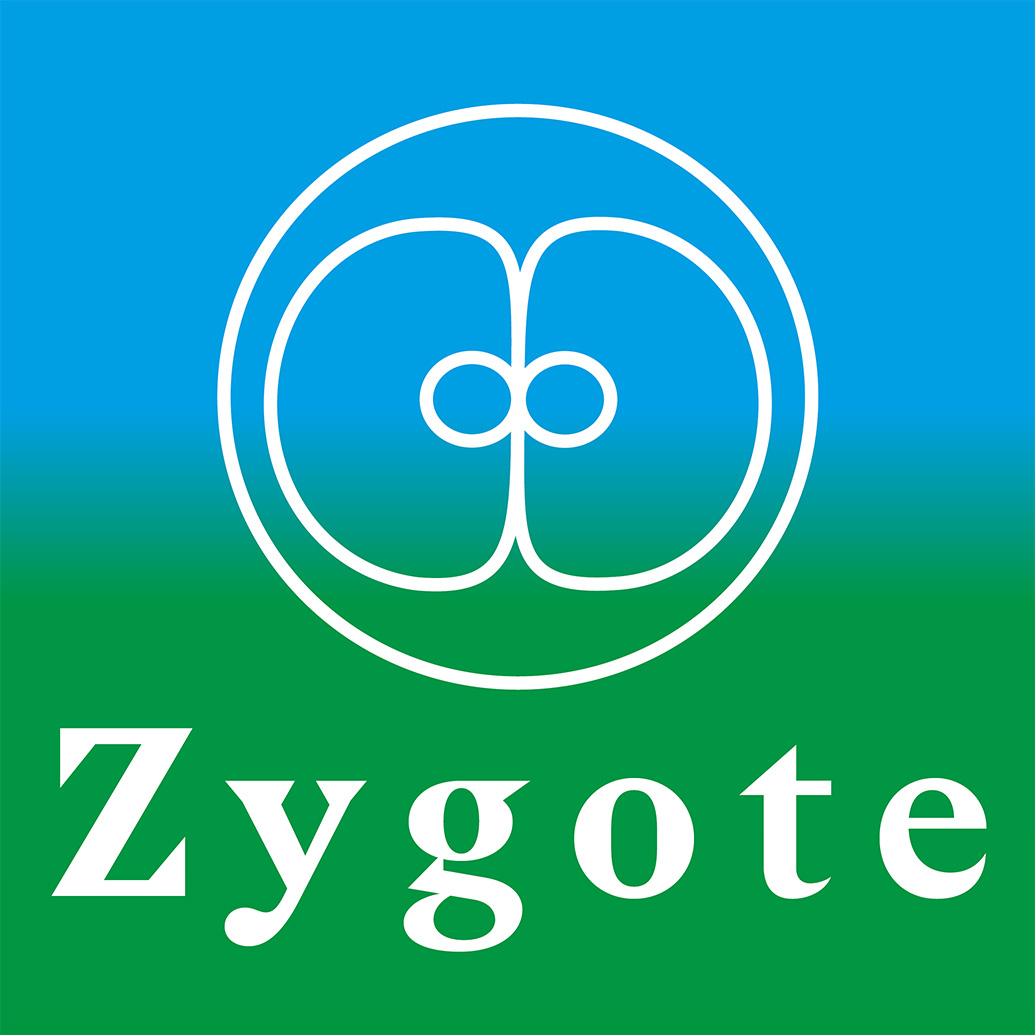 In order to respond to clearly defined needs for research expertise for further development, value creation and restructuring in the regional business community, the Norwegian University of Applied Sciences was granted a strategic Capacity Building project in sustainable breeding and applied biotechnology, Zygote.
In order to respond to clearly defined needs for research expertise for further development, value creation and restructuring in the regional business community, the Norwegian University of Applied Sciences was granted a strategic Capacity Building project in sustainable breeding and applied biotechnology, Zygote.
The project is carried out in close collaboration with the regional companies that are nationally and internationally important players in cattle and pig breeding (Geno and Norsvin) as well as the relatively newly established biotechnology company SpermVital. Furthermore, Klosser Innovation generates expertise for a new industry in land-based char farming. The collaboration with the academic partners Oslo University Hospital, OsloMet, SimulaMet, SINTEF and Sweden's University of Agriculture provide mutual benefit and boost by combining expertise across species and disciplines, adding new research expertise to the Inland county and creating innovation and advanced research regionally. In order to ensure the mutual transfer of information between research actors and business actors throughout the project period, we facilitate the recruitment of business PhDs, use mutual exchange of II positions, give master's and PhD students tasks with themes related to the project, establish industry-adapted courses and mobilize companies and entrepreneurs for research and innovation via the network of NCE Heidner Biocluster and Innlandet County Municipality.
The R&D activities in Zygote are defined based on the companies' needs and incorporate new aspects from the research front. Traditional methods in fertility research will be combined with new knowledge in xenobiology, artificial intelligence and various -omics to provide a basis for knowledge enhancement and innovation.
Read more:
Funding body & partners
Funded by The Research Council of Norway and Innlandet County Municipality, the latter also being a project partner . Scientific partners are Oslo University Hospital, Swedish University of Agricultural Sciences, OsloMet, SimulaMet and SINTEF. Industrial partners are Geno, Norsvin, Klosser, Spermvital and NCE HEIDNER Biocluster.
Project structure
The project has six work packages (WP). WP1-4 are scientific work packages. WP5 aims to transfer knowledge between research institutions and companies, update the companies' research needs along the way, and lay the foundation for innovation and creation. WP6 is dedicated to project management.
WP1: Optimization of the efficiency of breeding in relation to the animalsphysiology, puberty and age.
The goal is to establish species-specific analyzes for biological markers for puberty and sexual maturation. The WP is coordinated by Associate professor Anne Hege Alm-Kristiansen, INN University
WP2: New methods for improved prediction of in vivo fertility
The goal is to identify new biomarkers for improved fertility potential.
The WP is coordinated by Professor Jane Morrell, SLU and INN and Postdoc Birgitte Narud, INN University
WP3: Quality parameters in oocytes and embryos for successful embryo development
The goal is to develop new methods for assessing embryo quality.
The WP is coordinated by Group leader John Arne Dahl, Oslo University Hospital
WP4: Improved and new preservation technologies for gametes and embryos
The goal is to develop new methods for fresh preservation and cryopreservation of gametes and embryos.
The WP is coordinated by Professor Elisabeth Kommisrud, INN University
WP5: Stakeholder involvement, responsible research and communication for regional capacity building.
The goal is to establish knowledge of responsible research and innovation and expertise among business partners.
The WP is coordinated by Klosser/NCE Heidner in collaboration with INN University



